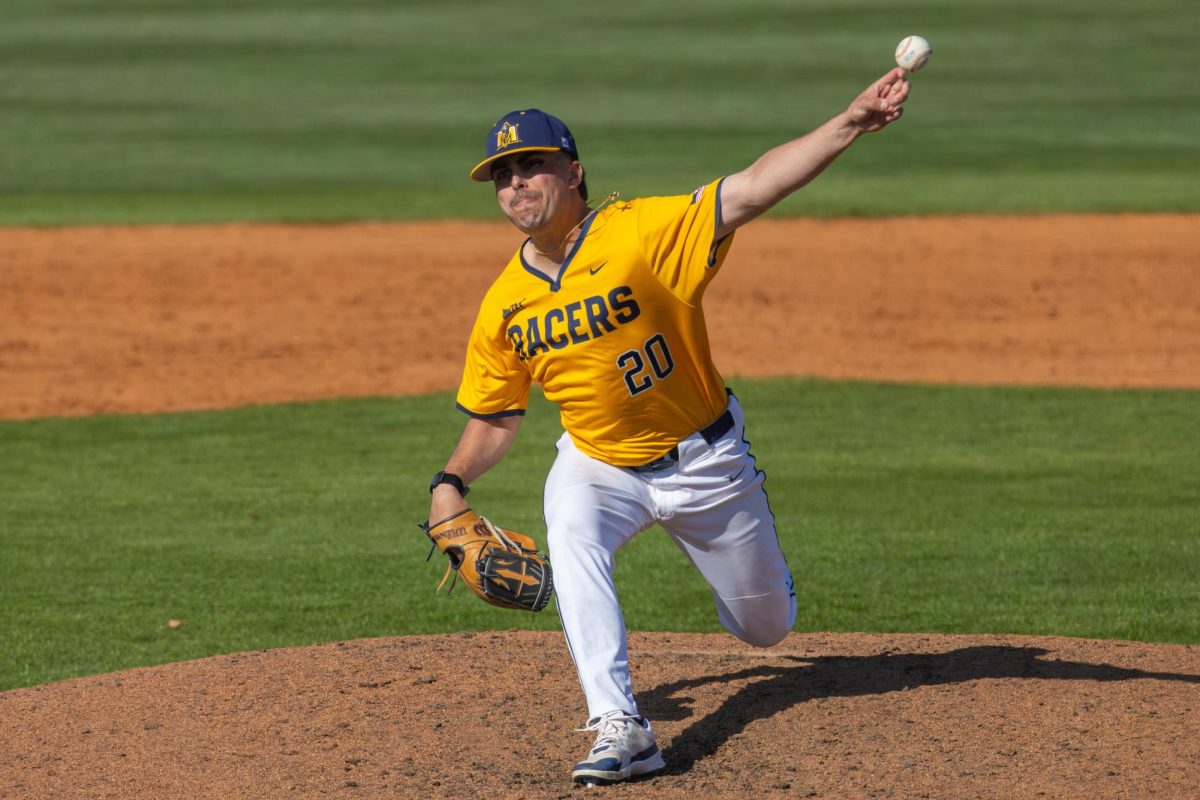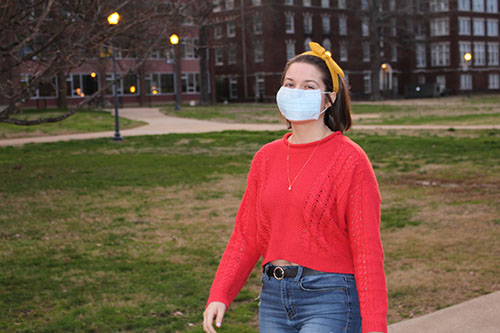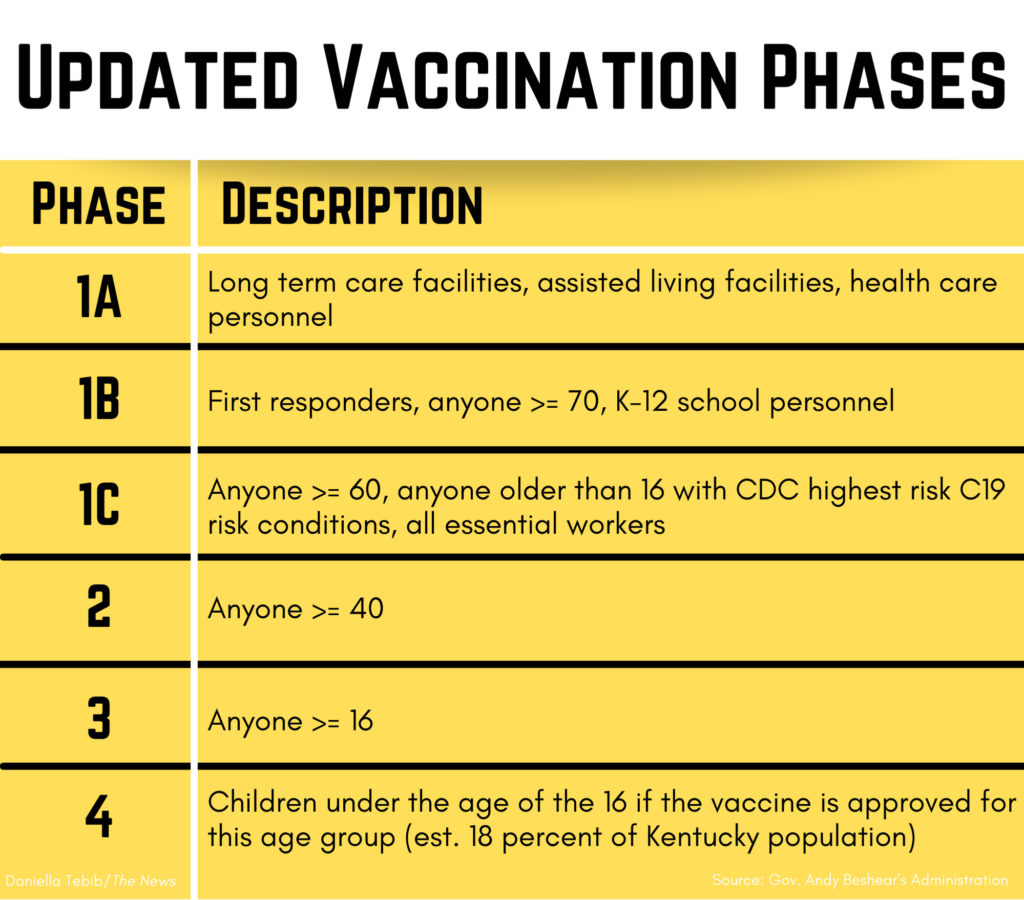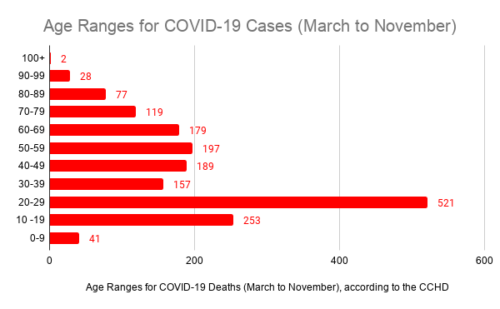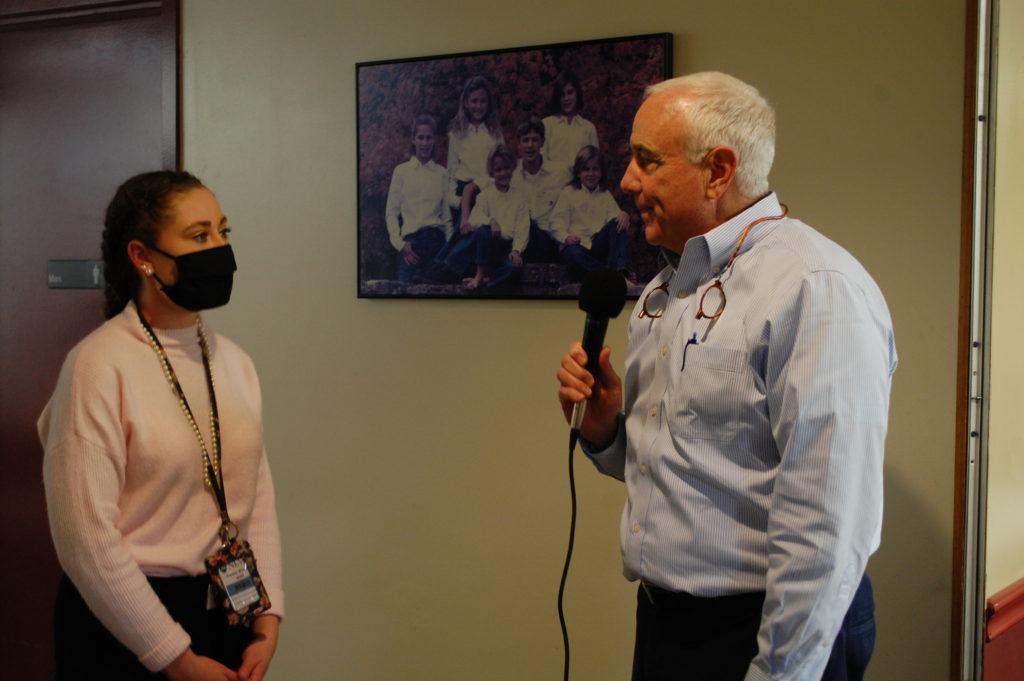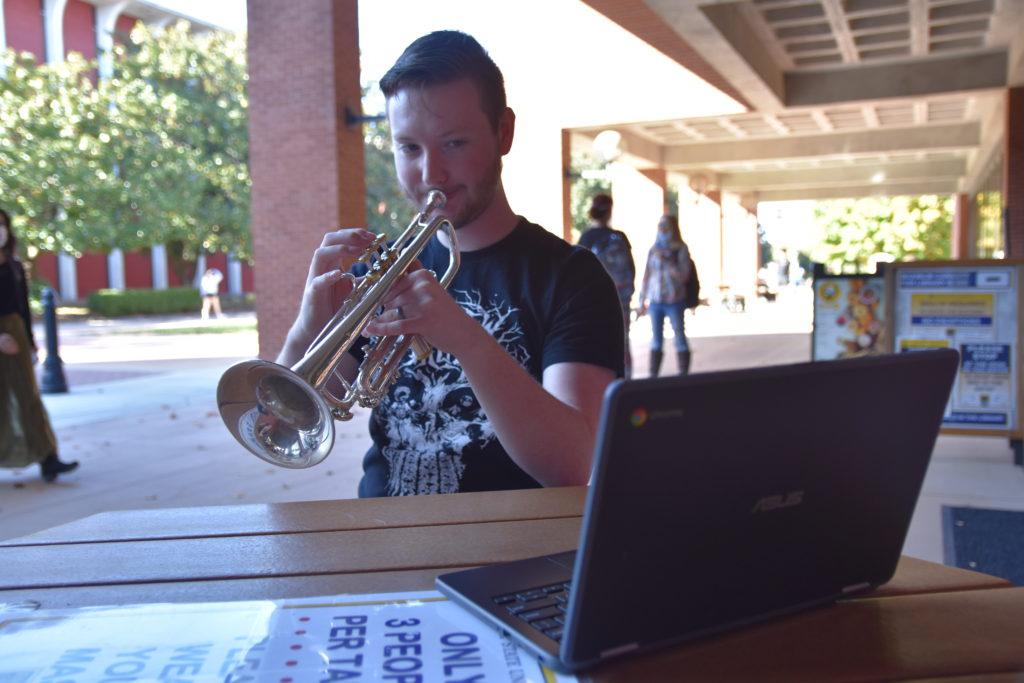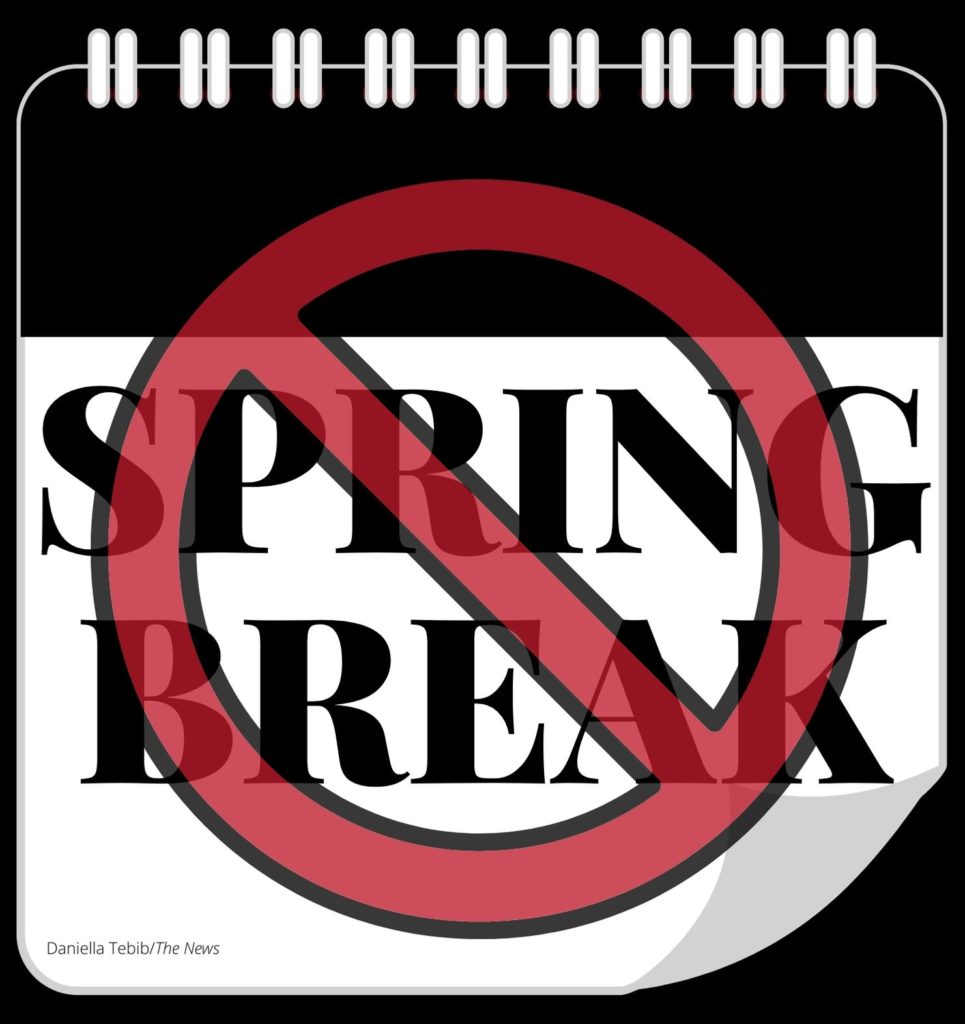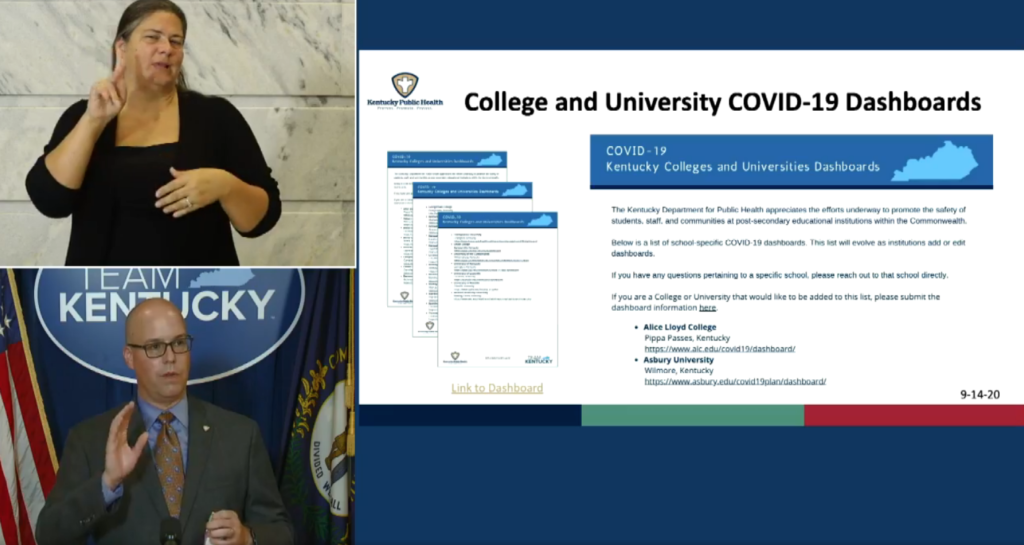Sarah Mead
Staff Writer
smead@murraystate.edu
Because of the rising concerns about the coronavirus, the University administration and Chief Medical Officer Robert Hughes released an update to explain the University’s prevention efforts.
As of Tuesday, March 3, all international travel to and from campus has been suspended until April 30. This suspension includes the London program during spring break and the semester abroad in Japan. However, the University is still reviewing all international travel plans that involve students, faculty and staff.
The Centers for Disease Control and Prevention advised universities to cancel upcoming foreign exchange programs and ask current program participants to return to their home countries. You can read the CDC’s update here.
The number of reported cases of the coronavirus has increased over 90,000. A little over 3,000 of the reported cases have resulted in deaths, but approximately 51,000 cases have recovered.
Currently, there are no known cases of COVID-19 on campus or in the state of Kentucky.
Kyle Morrison, pharmacy technician at Walmart in Murray said he’s noticed that some products are selling faster than usual.
“People are stocking up on cold medicine and canned goods just in case something does happen where they can’t leave their house,” Morrison said.
Nationwide there has been a shortage of masks, and Murray is no exception.
“Face masks have been a real issue,” Morrison said. “They are back-ordered from our supplier, so we are not even able to get them in at this point. A lot of people have been going to the paint department and using masks from back there as well. The whole store is sold out at this point.”
Though people are buying face masks in mass quantities, experts say face masks do not protect a person from contracting the virus. According to the CDC, face masks do not protect healthy people from respiratory diseases. Rather, face masks should be used by individuals with coronavirus symptoms to prevent the spread of the disease to others and health care providers.
Those who do have symptoms of respiratory illness should remain at home to further reduce the spread of the virus. Individuals with a fever, cough and shortness of breath should stay at home and away from campus.
“Students, faculty and staff who have symptoms of acute respiratory illnesses are recommended to stay home and not come to work or class until you are free of fever, [which is] 100.4 F or 37.8 C or greater, signs of a fever and any other symptoms for at least 24 hours,” Hughes said. “Notify your direct supervisor or the appropriate faculty member and stay home if you are sick or need to take care of a sick family member.”
According to the CDC, the best preventative measures for the coronavirus and similar respiratory diseases are to avoid contact with people who are sick and to disinfect frequently touched objects and surfaces. One should also wash his or her hands as often as possible.
“Wash your hands often with soap and water for at least 20 seconds, especially after going to the bathroom, before eating and after blowing your nose, coughing or sneezing,” according to the CDC’s coronavirus prevention webpage. “If soap and water are not readily available, use an alcohol-based hand sanitizer with at least 60 percent alcohol. Always wash hands with soap and water if [your] hands are visibly dirty.”
Students, faculty and staff who have recently traveled or been exposed to someone at risk of contracting the virus should contact Murray State’s Health Services. The Health Services clinic is located in Wells Hall and is open Monday through Friday, 8 a.m. to 11 a.m. and 2 p.m. to 4 p.m. The clinic can be reached at (270) 809-3809.
“We are fortunate at Murray State and in Murray and Calloway County to live in an area where we care deeply for one another’s safety and well-being,” Hughes said. “We will be posting regular updates about the Coronavirus as it pertains to the campus community on the MSU website at murraystate.edu/healthupdate. Should there be a need for more urgent news, we will contact you.”

















